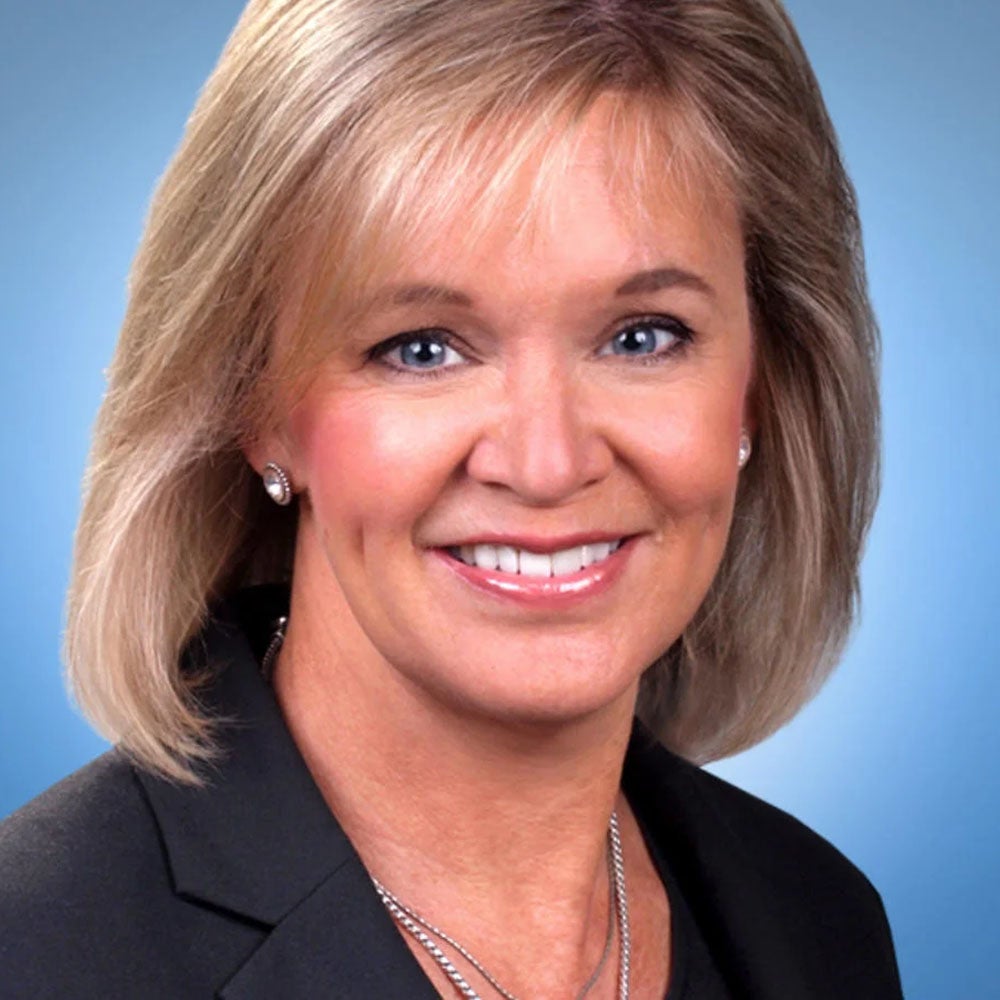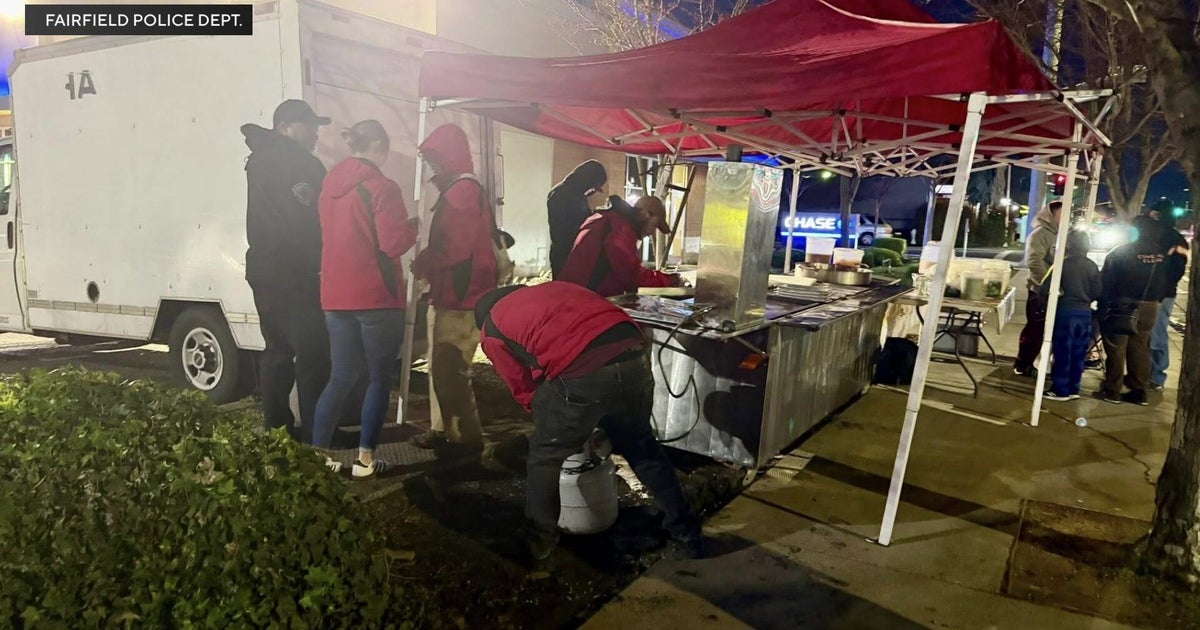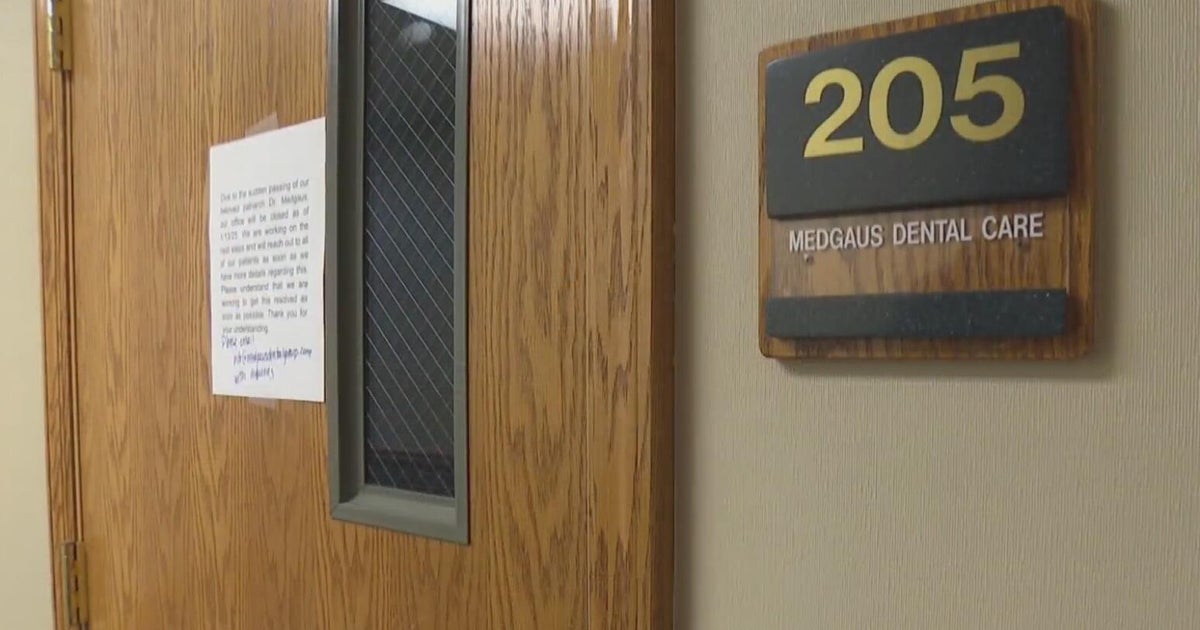Colorado lawmaker introduces bill to provide easier access to opioids for chronic pain sufferers
Seven years after the Centers for Disease Control and Prevention released guidelines aimed at stopping the over-prescription of opioid painkillers, patients who need those medications to ease chronic pain have been left suffering, some to the point of suicide.
Now, state Sen. Joanne Ginal is stepping in with a bill to help.
"We've done a great job at reducing opioid addiction but we need to pay attention to those people who need opioids in order to just live a normal life," she said.
According to the CDC, chronic pain impacts 20% to 30% of the population and 60% to 70% of people over age 65.
The new guidelines were catastrophic for many of them as some insurers denied reimbursement, pharmacies set strict limits on prescriptions, and many doctors began turning those with chronic pain away or rapidly tapering them off the only drug that gave them relief.
Christina Johnson with the Colorado Center for Aging is among those who were impacted.
"Responsible use allows me to continue to be here and participate in life," she said.
Diagnosed with degenerative disc disease, osteoarthritis, and scoliosis, she has lived with chronic pain for nearly 50 years.
"It feels as if somebody puts a knife into my lower back," she said.
Morphine, she says, is the only drug that eased the unrelenting pain, but when the new CDC guidelines came out, her doctor abruptly tapered her medication.
"I was much more functional than I can do right now," she said.
Julie Reiskin, with the Colorado Cross Disability Coalition, says many doctors are refusing to treat patients on opioids altogether leading some to turn to the black market.
"We've seen a lot of our members who were stable, who were working, who were contributing, who were part of society -- they're now lying in bed. We've lost people to suicide because they couldn't get their pain treated, including a 17-year-old volunteer with us," Reiskin said.
For more than a year, Ginal has worked with doctors, pharmacists, and patient advocates to draft a bill that protects providers who prescribe high-dose opioids from disciplinary action, prevents them from denying treatment based on a prescription, and prohibits them from forcibly tapering a prescription.
But it does not mandate providers prescribe high-dose opioids. Reiskin says it will be life-saving.
"We have people that have been at home for years and years on end because they can't get treated and it just has to stop," Reiskin said.
The CDC recently issued new guidelines that still recommend non-opioid pain management when possible, but also acknowledge that physicians should decide what's best for their patients.
Ginal's bill passed the Health and Human Services Committee unanimously.








